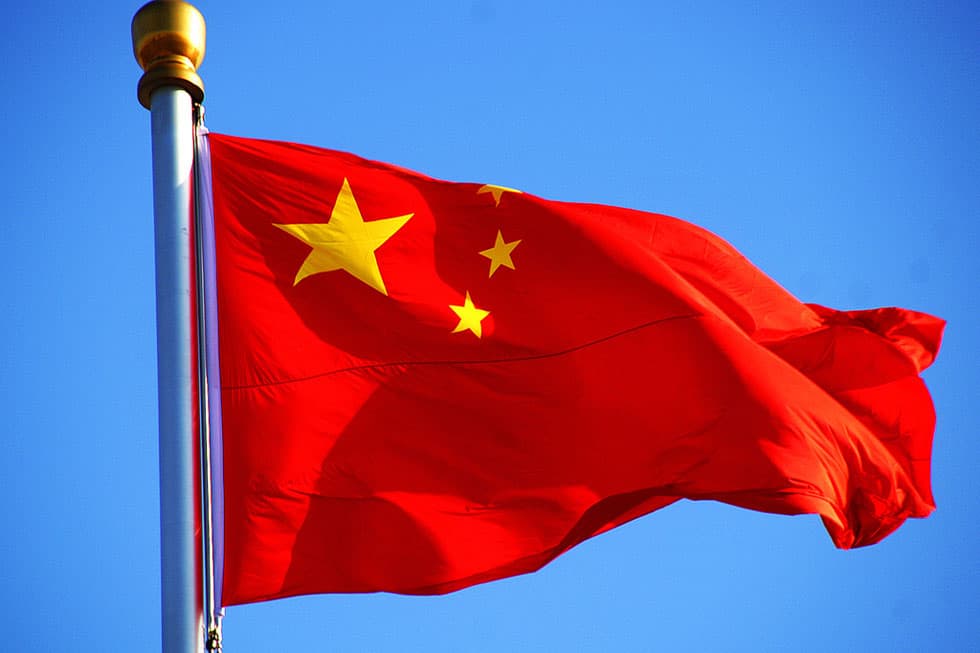
Actavis: China is ‘too risky’
pharmafile | January 17, 2014 | News story | Sales and Marketing | Actavis, China, bribery, generics, risky
The boss of generic drug manufacturer Actavis says his company is pulling out of China because the business environment there is simply not favourable enough.
In an incendiary interview with Bloomberg, the firm’s chief executive Paul Bisaro said: “It is not a business friendly environment. If we’re going to allocate capital, we’re going to do so where we can get the most amount of return for the least amount of risk. And China is just too risky.”
Dublin-based Actavis has not been embroiled in the bribery scandals which have dogged other western pharma companies in China, including GlaxoSmithKline, but Bisaro believes its business there is simply not worth the hassle.
“It wasn’t worth the aggravation, the frustration or the concern,” he said.
Bisaro, speaking at the JPMorgan Chase & Co healthcare conference in San Francisco, also questioned whether the Chinese government could do more to make the business climate more attractive.
“If something goes wrong, you need to be able to go to the government and say, ‘Help me’,” he explained. “And if the government says no, that’s a problem.”
Bisaro suggested that there was also not a level playing field for companies in the pharma market in China. “You need a certain consistency in application of rules, and I’m not certain China has achieved that consistency yet,” he added.
Actavis has already sold one of its operations in China and is in negotiations to sell another, and it would appear that its presence there is likely to be short-lived.
Bisaro’s frank words throw an intriguing light on what has at times been a fraught 12 months or so for some pharma companies with bases in China.
The European Union Chamber of Commerce in China’s pharma working group suggested last year that the authorities might be trying to ‘frighten’ pharma companies and said western firms were being discriminated against.
Last September, GSK was even said to be thinking of abandoning China altogether, although the company itself declined to comment on that idea.
What is certain is that GSK’s business in the country has suffered from the fallout: last October it announced that third quarter sales for 2013 in the country were down 61% year-on-year.
In a legal note to its accounts, GSK admitted: “It is not possible at this time to make a reliable estimate of the financial effect, if any, that could result from these matters.”
However, the company was singing a more positive tune this week at the JPMorgan Chase conference, according to Bloomberg.
“The trend is definitely looking a bit more positive,” said GSK’s chief financial officer Simon Dingemans. “We can see the future opportunities to rebuild the business as and when we get to the other side of the inquiry. We’ll be working hard in 2014 to deliver that.”
Adam Hill
Related Content

AstraZeneca and Sanofi’s Beyfortus approved in China
AstraZeneca and Sanofi have announced that Beyfortus (nirsevimab) has been approved in China for the …

First patient enrolled in Boan Biotech’s phase 3 trial for Nivolumab in China
Boan Biotech has announced that the first patient has been enrolled in its phase 3 …

AstraZeneca’s Calquence approved in China for chronic lymphocytic leukaemia treatment
AstraZeneca has announced that Calquence (acalabrutinib) has been approved in China for the treatment of …








